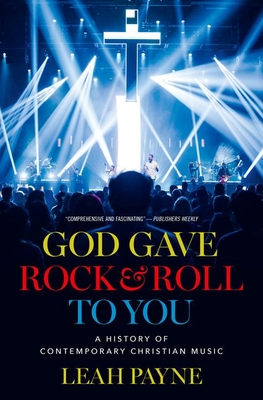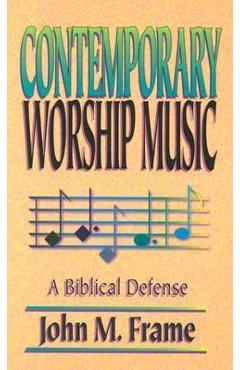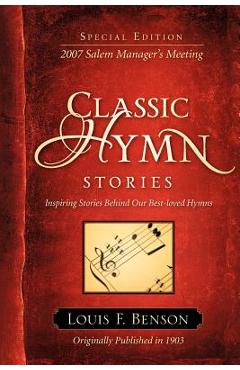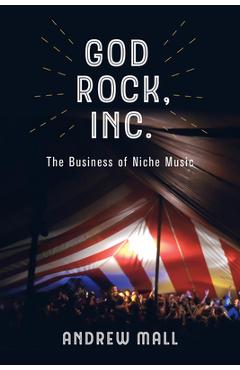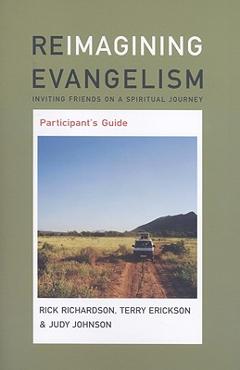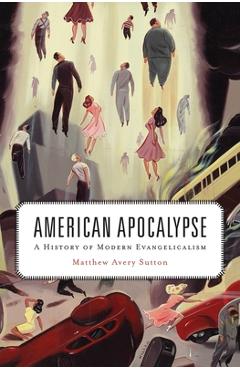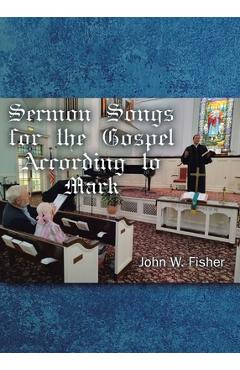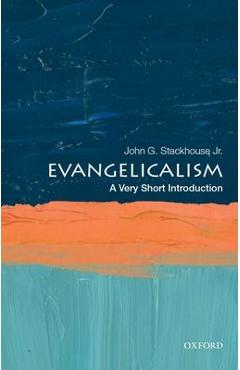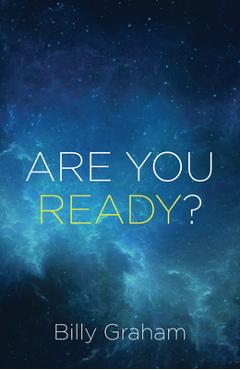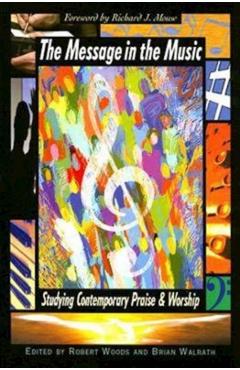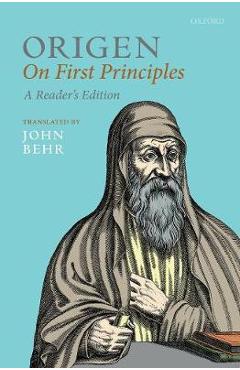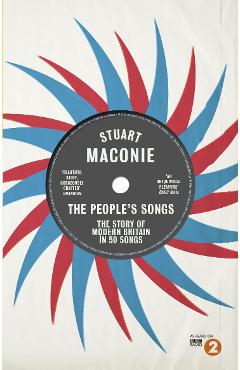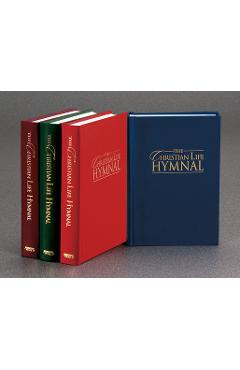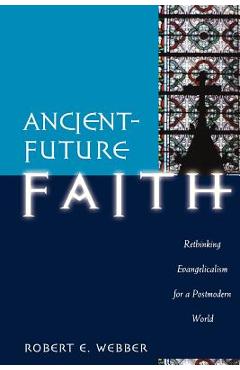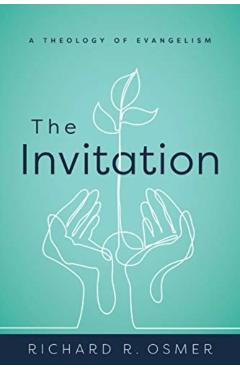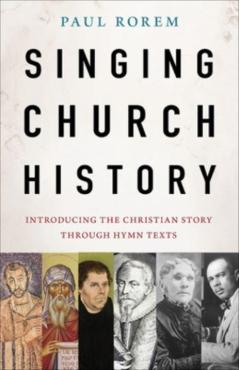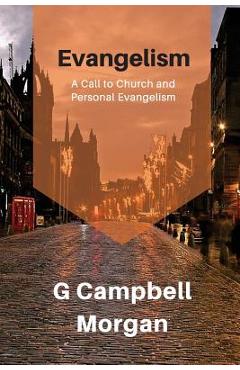An entertaining history of the soundtrack of American evangelical Christianity Few things frightened conservative white Protestant parents of the 1950s and the 1960s more than thought of their children falling prey to the "menace to Christendom" known as rock and roll. The raucous sounds of Elvis Presley and Little Richard seemed tailor-made to destroy the faith of their young and, in the process, undermine the moral foundations of the United States. Parents and pastors launched a crusade against rock music, but they were fighting an uphill battle.
Salvation came in a most unlikely form. Well, maybe not that unlikely--the long hair, the beards, the sandals--but still a far cry from the buttoned-up, conservative Protestantism they were striving to preserve. Yet when a revival swept through counterculture hippie communities of the West Coast in the 1960s and 1970s a new alternative emerged. Known as the Jesus Movement--and its members, more colloquially, as "Jesus freaks"--the revival was short-lived. But by combining the rock and folk music of the counterculture with religious ideas and aims of conservative white evangelicals, Jesus freaks and evangelical media moguls gave birth to an entire genre known as Contemporary Christian Music (CCM). By the 1980s and 1990s, CCM had grown into a massive, multimillion-dollar industry. Contemporary Christian artists were appearing on Top 40 radio, and some, most famously Amy Grant, crossed over into the mainstream. And yet, today, the industry is a shadow of what it once was.
In this book, Leah Payne traces the history and trajectory of CCM in America and, in the process, demonstrates how the industry, its artists, and its fans shaped--and continue to shape--conservative, (mostly) white, evangelical Protestantism. For many outside observers, evangelical pop stars, interpretive dancers, puppeteers, mimes, and bodybuilders are silly expressions of kitsch. Yet Payne argues that these cultural products were sources of power, meaning, and political activism. Throughout, she draws on in-depth interviews with CCM journalists, publishers, producers, and artists, as well as archives, sales and marketing data, fan magazines, merchandise--everything that went into making CCM a thriving subculture. Ultimately, Payne argues, CCM spurred evangelical activism in more potent and lasting ways than any particular doctrine, denomination, culture war, or legislative agenda had before.
